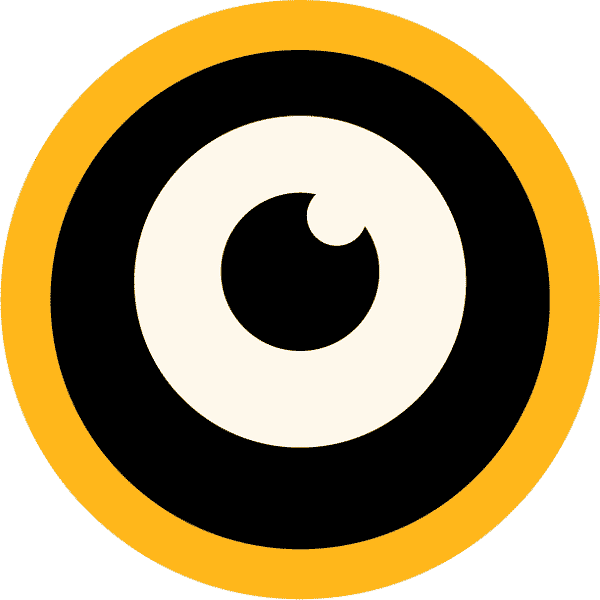Journal 003 | Madvillain, or...When You're the Antagonist of Your Own Story
What does this post have to do with the Madlib / MF Doom supergroup, Madvillain? Nothing.
...or does it?
Okay anyway; moving on...
Everyone thinks that they’re the “good guy.”
We all grow up believing that we're the hero of our own story, making self reflection rather difficult at times, particularly if you’re a member of a group that's historically responsible for the subjugation of another group (that includes: men, white people, straight people, *insert dominant religion of your home country*, etc.). I mean, these types of literary antagonists tend to be the most relatable/complex for a reason. We all struggle with acknowledging our mistakes and flaws.
I like to think that self-reflection is three step process (Maybe? Lets just go with that). For me, as a cis gendered male, raised in a culture of normalized toxic masculine socialization and sexism, the first step of self reflection involves realizing that in many instances of my romantic life, I was actually the antagonist — the restricter; the hinderance; the suppressor — if not an outright villain (depending on who you ask).
The second step varies, I think. Although you can’t go wrong with listening more than you speak.
I'm an artist and art-ing how I tend to reflect, so I want to create something where I write candidly about these experiences and structure them as a series of short stories. I’d then share it with the world for people to judge however they see fit. But even that kind of feels counterintuitive.
“Even though this is my story I feel like my voice takes up too much space.”
I recently read an op ed about man-spreading (which is the idea that men literally take up too much space) where the author uses the example of a man sitting on the subway with his legs spread wide, taking up more space than necessary, for how we’ve been taught (in subtle and overt ways) never to consider how entitled to public space we may act or feel — how it’s our masculine socialization that ingrains in us from the youngest of ages the idea that we are entitled to what’s around us.
Even though this is my story I feel like my voice takes up too much space. I’m not the main character here. You might be saying, “well if you’re the antagonist then of course you’re not the main character.” However, hero, main character and protagonist are not always one in the same, nor do they have to be.
— begin lesson —
The main character, aka narrator, relates the story. The protagonist takes action, and undergoes the most change. The hero saves the day. Someone intentionally or unintentially working against the protagonist achieving their goals is an antagonist. Evil makes a villain. Some stories, grimdark and antiheroes, do not have heroes. Some don't even have protagonists. A good writer knows that that you can mix and match any of these classifications to create more interesting and unexpected perspectives. You can write a story where the main character is the antagonist (see: House of Cards). You can write a story where the protagonist is the main character but not the hero (see: The Great Gatsby). If you’re clever enough, you can even write an effective story where the main character, hero and villain are one in the same (see: Nightcrawler).
— end lesson —
I want to tell a story about toxic masculine behavior and all the ways in which the culture restricts how women move through the world. My love life would fill the plot. I am the antagonist; I am the villain. They are the main characters; they are the protagonists. There are no heroes. No excuses made for the actions of anyone involved. The voices of each woman would be front and center. heir experiences with me are just as much their story as it is mine, if not more so. I wouldn't alter it in the least. I wouldn't even be the one doing the writing; I would simply be a curator of sorts — taking their words and editing them into a cohesive narrative. And yes; this means I'd actually have to track down each of these women, and awkwardly ask them if they would participate and actively revisit this period in their lives for the sake of art.
Allowing them to literally be the narrator places a nuanced and brutally honest laser focus on cause and effect, highlighting all the ways in which women consciously and subconsciously respond to and cope with toxic masculinity. If I’m wrong, well, idk; I very well could be. But then comes the third step — acknowledgement of one's mistakes and apologizing (technically that makes four I guess but whateves). Every experience is an opportunity to learn. Because of my age, sometimes I feel like there are certain toxic aspects of who I am as man, that I won’t ever be able to change entirely; but at this point in my life, I feel like that's okay. No one's perfect.
That shouldn’t stop anyone from trying their best.
